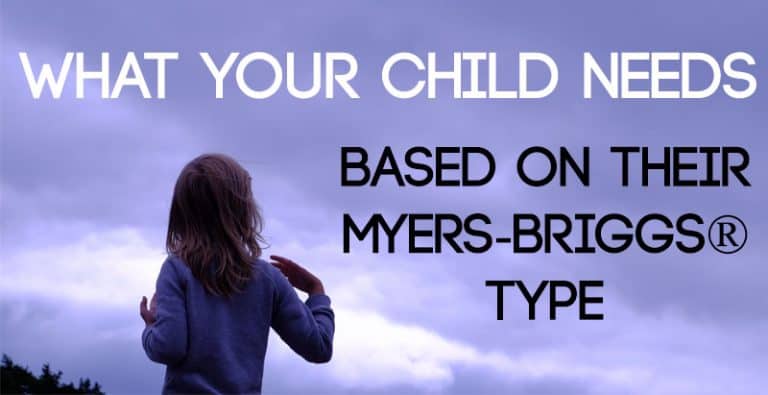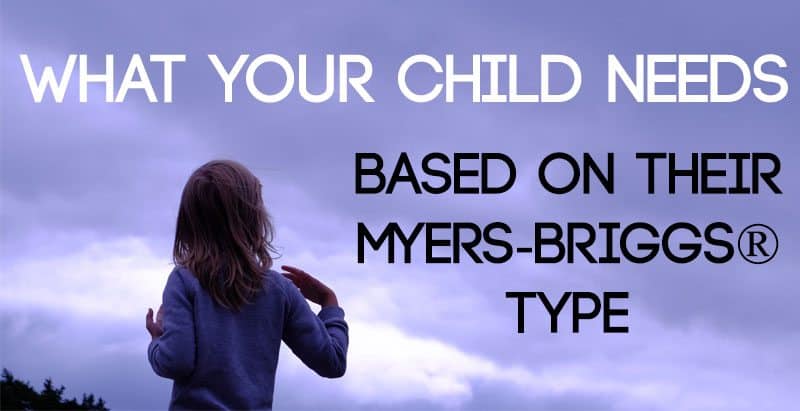10 Signs That You Might Be An Extraverted Thinker
Have you ever felt torn between knowing whether you’re a J or P personality type? Perhaps you’ve taken an online test and you’re not sure whether you’re an ITP or an ITJ or an ETP or an ETJ. This kind of confusion is so common, especially because online tests are worded so poorly that the J/P preference ends up coming out wrong. In an effort to clear things up, I’m going to cover some of the differences between introverted and extraverted thinking. TJ types (ENTJs, INTJs, ESTJs, ISTJs) use extraverted thinking (Te) in the dominant or auxiliary position. FP types (ENFPs, ESFPs, INFPs, ISFPs) use extraverted thinking in the tertiary or inferior position. TP types (ENTPs, ESTPs, INTPs, ISTPs) use introverted thinking (Ti).
What is Extraverted Thinking?

Extraverted thinking is a judging (decision-making) function that focuses on objective, logical criteria. Te-users trust empirical evidence and look at cause and effect and pros and cons when they make decisions. They like to organize, evaluate, and compare using logical binary judgments.
10 Signs That You Might Be an Extraverted Thinker
#1 – I Naturally Delegate and Organize People to Get a Job Done
I easily see efficient courses of action and know how to arrange a group and delegate tasks so that everything is completed on schedule. Some people might think I’m being bossy, but it’s really just a desire to keep things running smoothly and efficiently.
#2 – I Hate Procrastination
I am driven to reach and end result and I get impatient when mulling over decisions for a long period of time. When I get an idea of what needs to be done I know how to move rapidly and with a great amount of purpose.
Side Note: ITJs will need more time to consider decisions than ETJs will. This is because they don’t lead with extraverted thinking, they lead with a perceiving process (intuition or sensing).
#3 – Fairness Is Extremely Important to Me
I don’t believe in letting my feelings get in the way of decisions. This could result in me being biased or unfair. I think having rules and procedures in place helps us all to be fair and just in our decisions.
#4 – I Think Out Loud
When I make my decisions I tend to process them out loud. Talking out the logic and underlying assumptions involved helps me to discern and sort out what makes the most sense and what doesn’t.
#5 – I Like an Organized Outer World
I can think more clearly if my surroundings are organized and tidy. I like having a place for everything and everything in its place.
#6 – Being Prepared is Essential
I create contingency plans on a regular basis so that I’m always prepared in case of an emergency or disruption.
#7 – I Am Decisive
I like to take in just enough information as possible to make a decision and then move on it. I feel like I can form a conclusion or opinion pretty quickly with a small amount of information.
#8 – I Enjoy Planning
Working with spreadsheets, charts, and to-do lists gives me a thrill. I like organizing and arranging my days so that they run smoothly and efficiently.
#9 – Competence Is Extremely Important to Me
I need to know I can trust myself and others to get a job done well. Laziness, whining, and distracted behavior drives me nuts!
#10 – I Find Comfort in Structure, Rules, Laws, and Order
While I don’t always agree with every single rule, I believe that having rules and laws in place helps to keep the world from going into complete chaos. Rules that I see as unjust I will work hard to reform and change.
What Are Your Thoughts?
Do you have any experiences or opinions to share? Let us know in the comments!
Other Articles You Might Enjoy:
How You Use Your Brain Based on Your Myers-Briggs® Personality Type
10 Signs That You Might Be an Introverted Thinker
How You Use Extraverted Thinking Based on Its Location in Your Function Stack
The Leadership Skills of Every Myers-Briggs® Personality Type
Subscribe to Our Newsletter

Want to discover more about personality type? Get the inside scoop with Susan Storm on all things typological, along with special subscriber freebies, and discounts on new eBooks and courses! Join our newsletter today!












The emphasis on efficiency is spot on. I would contest the idea that Te types are rules oriented though. The Te type should be a pragmatist, going with what is shown to work. This means rules where they work and no rules where they don’t.
In contrast, the Ti types are more theory or ideology focused, and will propose a whole system of rules in line with their structured understanding of the world.
As for decisiveness, this is more to do with Se than Te. Often making a decision is really just taking action, which is why an ISFP wil act much more swiftly than an INTJ. Where Te comes in is the confidence in the productiveness or effectiveness of whatever decision was made. ISFP may spring into action faster, but INTJ will know whatever decision they eventually make is likely to work.
Jack,
I’ve read what you’ve written. While what Susan initially wrote and now, adding to her understanding your thoughts I’ve a question.
You and Susan clearly have invested considerable personal resources into understanding the topic.
I have taken the Myers-Brig assessment tool a few times yet most recently was ~ fifteen years ago – I can not recall the results of the last test yet I can recall thinking at the time of my most recent assessment the results were not the same as my earlier MB assessments produced.
This inconsistency along with what both you and Susan have shared makes me think it worth my while to ask you and Susan a question. What is your recommendation for the best place/method to start a learning journey with a purpose of gaining real understanding of what the assessment creators’ knew that motivated them to even want to create a personal assessment tool?
Another way to phrase the question is, where is the best place to begin my learning all about the work/understanding leading up to developing the MB assessment tool? What were the goals of creating the assessment? How to best use your assessment results for the purpose of improving your own life as well as investing the information you gain into a resource I can in turn use to have greater or improved impact on the lives around me, should I be aware/have opportunity to be a positive force to another individual? These questions from past experience – can most likely be reduced to a mere few words. However I will not reduce the questions now – for fear of some intended or even unintended nuance, being lost. In closing, thank you for reading, much less considering, and in the unlikely event of most generously responding to the questions I have asked.
rh
rh